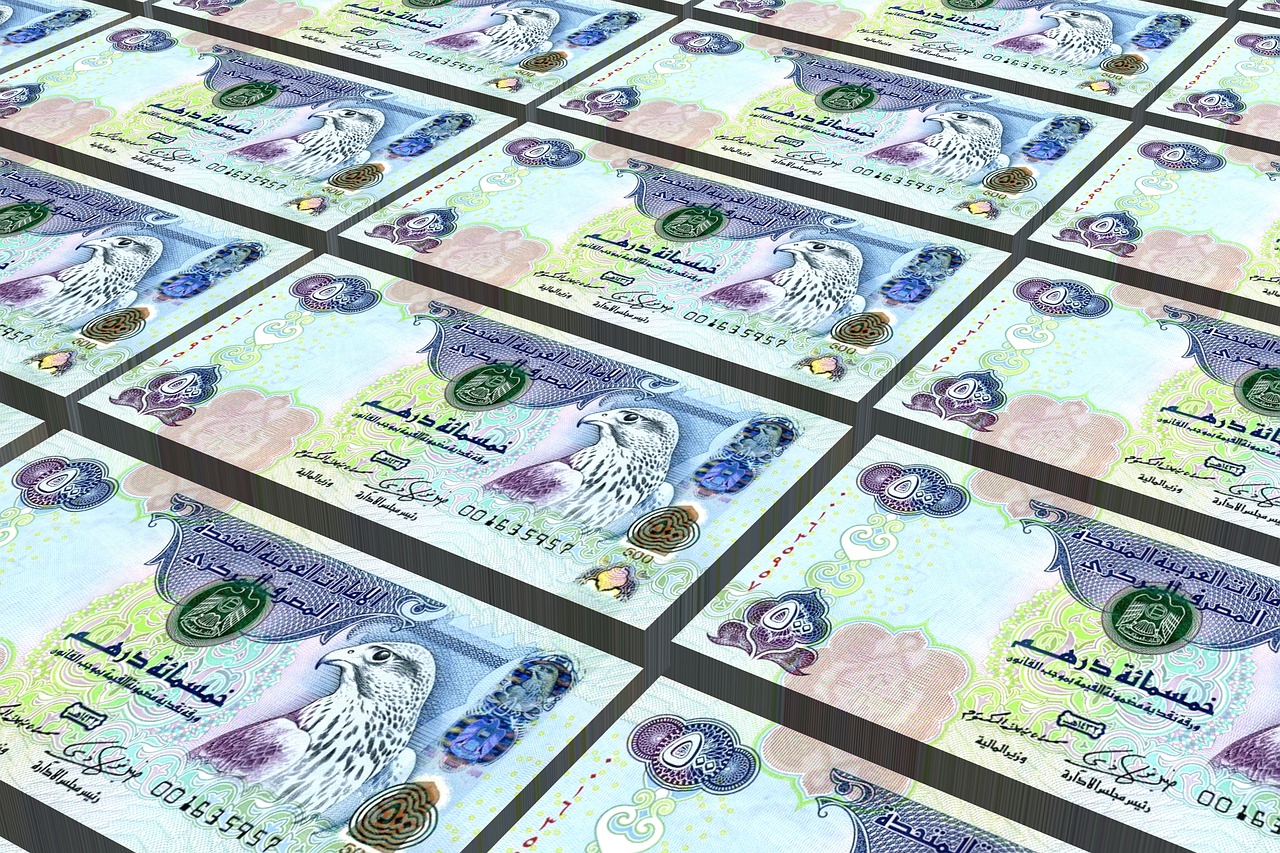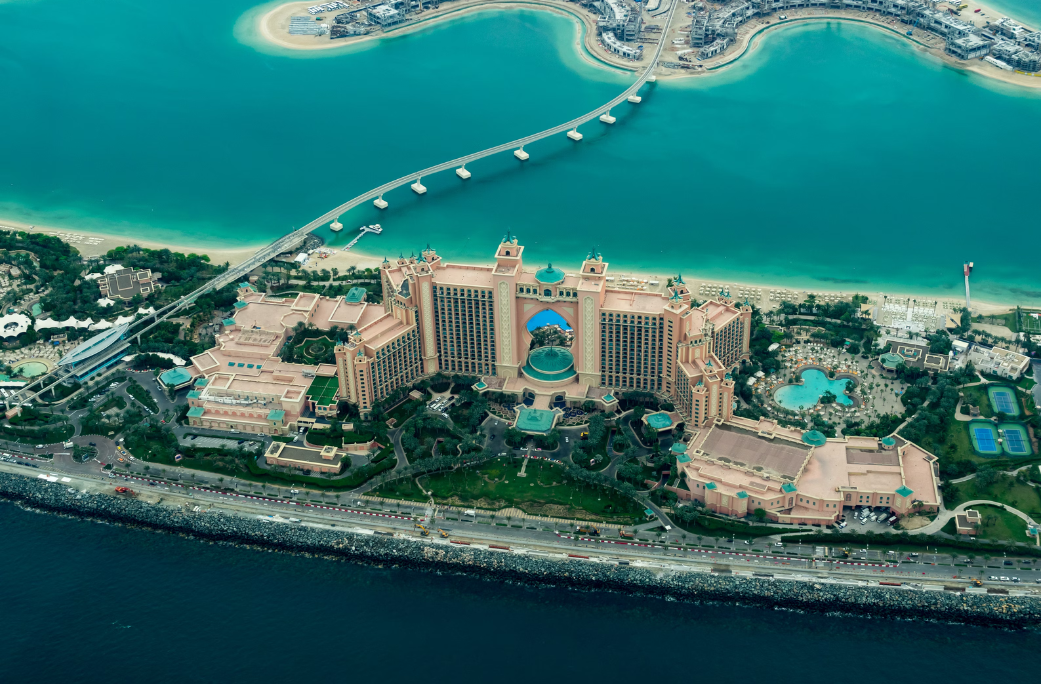Currency trading is a popular way to invest, and the foreign currency exchange market is the largest financial market globally, with various trading sessions overlapping to make the market available 24 hours a day for five days a week. Traders and investors in the United Arab Emirates (UAE), for instance, can leverage the currency market to diversify their financial portfolio; the number of currency investors in the UAE is set to increase in the future.
Why Is Trading Different in the Gulf?
Although traders in the UAE, like millions of traders globally, use trading software like Metatrader 5, their trading experiences may significantly differ from those in other countries due to factors influencing trading conditions and market prices. The Gulf’s economic and political atmosphere encourages businesses, innovation, and activities such as online investments and strives to maintain stability for investors and everyone. For traders in the Gulf region, particularly in the UAE, several factors must be considered to maximize trading potential and achieve trading goals. These are:
Currency Peg
The UAE’s currency, the Dirham (AED), is pegged to the US Dollar (USD) as an economic move aimed at reducing the impact of price fluctuations and removing bottlenecks with international payments, exchange, and trading costs. This is one reason why companies in the UAE can quickly complete international transactions at lower costs while keeping healthy profit margins. The AED-USD peg is a crucial factor to watch for when trading currency in the Gulf. This is because it provides stability in the market and allows traders to predict prices to certain degrees of accuracy.

Source: Pixelline Studio, via Pixabay
Weekend Timing
The UAE and many other Gulf countries operate a different weekend system from other countries. While Saturday and Sunday are considered weekends outside the UAE, Friday and Saturday are weekends in the Arab region. This is a significant factor, considering the forex market sessions that typically close during the weekends and overlap across time zones. For example, the London (UK) and New York (US) sessions may overlap from 8 a.m. to noon (EST), while the Sydney/Tokyo markets also overlap from 2 a.m. to 4 a.m. These overlapping sessions may impact market volatility for traders in the UAE who trade during UAE weekends. The season timing may also affect the market due to activities in the stock exchanges corresponding to the trading session.
Remittances by Expatriate Population
Expatriates form a significant part of the UAE’s population; nearly 9 million expatriates live and work in the UAE, contributing to the growth of the Gulf’s economy. These expatriates also remit money home regularly; the total amount remitted in 2021 is $47.54 billion (Dh174.5 billion). Why is this important to currency traders? An increase in remittance can increase the demand for foreign currencies in the UAE and other Gulf countries, causing a change in exchange rates in currency markets. This is seen in the increased use of cryptocurrencies for cross-border transactions in the US.
Retail and Institutional Trading
Retail and institutional traders are always in the market and can make moves that impact currency prices. As a retail trader in the UAE, it is vital to analyze institutional traders’ activities to predict price movements, as institutional traders are known to make big moves that shift the market direction. Institutional traders include the financial institutions in the UAE and other countries that trade high volumes of currencies daily and fund/capital management firms.
Islamic Finance Principles
The UAE operates under Islamic finance principles and ensures strict compliance from government agencies to private companies. Like other Gulf countries, the UAE does not allow trading instruments that yield interest (riba) and go against other Islamic finance principles. Only Shariah-compliant investment and trading opportunities are permitted. Brokers also comply with this by offering swap-free accounts and halal products and services. This limits the UAE’s investment scope and ensures compliance with regulatory frameworks.
Influence of Oil Prices
As an oil-rich region, the Gulf is a significant exporter of oil and gas and has most of its trades settled with the USD. This creates a high demand for the USD in the region and drives prices of USD-pegged assets; one reason the AED is pegged to the USD is to protect the currency from excessive fluctuations and losses. The USD, in turn, gains strength and supports the local Gulf currencies in a mutually beneficial arrangement. Currency traders must consider this factor when analyzing the markets.
Economic Diversification
The Gulf countries are generally known for oil and gas products and an economy built on the sector. But they are taking steps to diversify their economies across other industries such as renewable energy, entertainment, science and technology, education, real estate, tourism, finance, and sports. This diversification strategy will bring new factors that influence future financial markets and currency prices. For example, there’s always an increase in the demand for foreign currencies when the UAE hosts international races, attracting competitors and spectators from many countries. Dubai’s real estate industry hosts thousands of foreigners looking to live and work in Dubai and is fast becoming a major contributor to the GDP.

Photo by Christoph Schulz, via Unsplash
Regulation
Financial regulation and regulatory compliance are top requirements for traders and brokers in the UAE. Although gaining regulatory permits is simple and often fast, no financial institutions may only operate in the country with such licenses. The Securities and Commodities Authority (SCA) and the Central Bank of the UAE regulate the financial market. Trades must use only regulated brokers within the country and are subject to regulatory changes as implemented by the appropriate authorities.
Global Economic Events
Finally, traders must consider international political and economic events influencing stock and currency price changes. Central Bank monetary policies and geopolitical events in Europe and the US can quickly impact the forex market reaching traders in the UAE. Watch for economic indicators and calendars to track events before trading.
Be Trade Savvy in the UAE
The UAE and other Gulf countries have unique circumstances that make forex trading slightly different for traders based in this region. Understanding these factors will help traders optimize their trading processes to get the best returns on currency investments.
